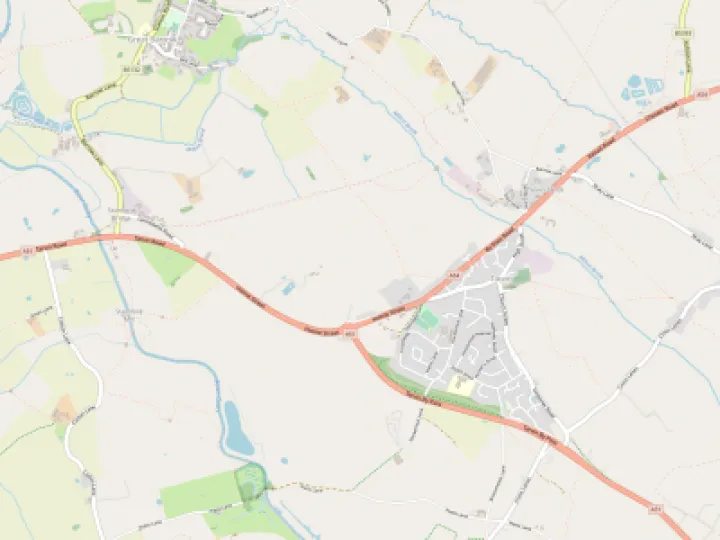Allergy Awareness Week 28 April – 4 May

[What are allergies?
]
Having an allergy means having a bad reaction to something in the air or something you eat or come into contact with.
These triggers are called allergens, and include pollen, mould and dust in the air, as well as foods such as nuts.
Allergies are common, according to Allergy UK, one in four people in the UK suffers from an allergy at some point in their lives.
No one knows why some people develop allergies , but they may be inherited. Allergies may flare up and subside throughout your life.
[What happens during an allergic reaction?
]
When a person is exposed to an allergen, a series of events takes place:
The body starts to produce a specific type of antibody, called IgE, to bind the allergen.
The antibodies attach to a form of blood cell called a mast cell. This triggers a reaction that allows the mast cells to release a variety of chemicals including histamine, which causes most of the symptoms of an allergy, including itchiness or runny nose.
If the allergen is in the air, the allergic reaction will most likely occur in the eyes, nose, and lungs. If the allergen is swallowed, the allergic reaction often occurs in the mouth, stomach, and intestines. Sometimes enough chemicals are released from the mast cells to cause a reaction throughout the body, such as urticaria – itchy red welts (hives), decreased blood pressure, shock, or loss of consciousness.
[What are the symptoms of allergies?
]
Allergy symptoms can be categorised as mild, moderate, or severe ( anaphylactic).
Mild reactions include those symptoms that affect a specific area of the body such as a rash, itchy, watery eyes , and some nasal congestion. Mild reactions do not spread to other parts of the body.
Moderate reactions include symptoms that spread to other parts of the body. These may include itchiness or difficulty breathing.
A severe reaction, called anaphylaxis, is a rare, life-threatening emergency in which the response to the allergen is intense and affects the whole body. It may begin with the sudden onset of itching of the eyes or face and progress within minutes to more serious symptoms, including abdominal pain, cramps, vomiting, and diarrhoea, as well as varying degrees of swellings that can make breathing and swallowing difficult. Mental confusion or dizziness may also be symptoms, since anaphylaxis causes a quick drop in blood pressure .
Types of allergies
Allergies come in many distinct forms and are typically grouped in general categories according to the types of substances that cause them or the parts of the body they affect:
- Skin allergies:
- Respiratory allergies:
- Asthma :
- Food allergies:
- Drug allergies:
- Insect sting allergies:
Usually the body's response is actually towards a harmless substance – a common allergen like dust, pets, medicines and dairy foods like milk and eggs. One that affects me quite badly is the allergens in tree and grass. Pollen triggers my hayfever every time!
Some allergens can be less obvious. A young girl from the UK died after a very bad reaction to the chemical in a hair dye. That's why there is always such emphasis on testing the dye first!
So, what allergic reaction symptoms can you expect? A runny nose, sneezing itchy eyes and ears, and in more serious cases, swollen lips or a rash. The effects can range from irritating to fatal. And all of these symptoms are a result of your body launching an attack on the invading allergen to drive it out of your body!
The misery that a reaction to an allergy can cause should not be underestimated!
Stay updated with all the latest Allergy Awareness Week news by checking out the official website.
Quick Links
Get In Touch
TarvinOnline is powered by our active community.
Please send us your news and views.







